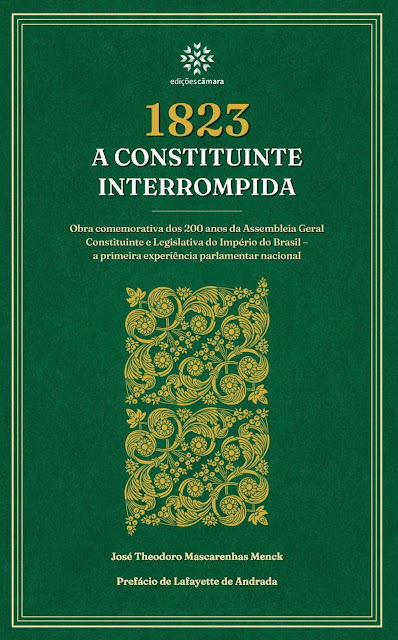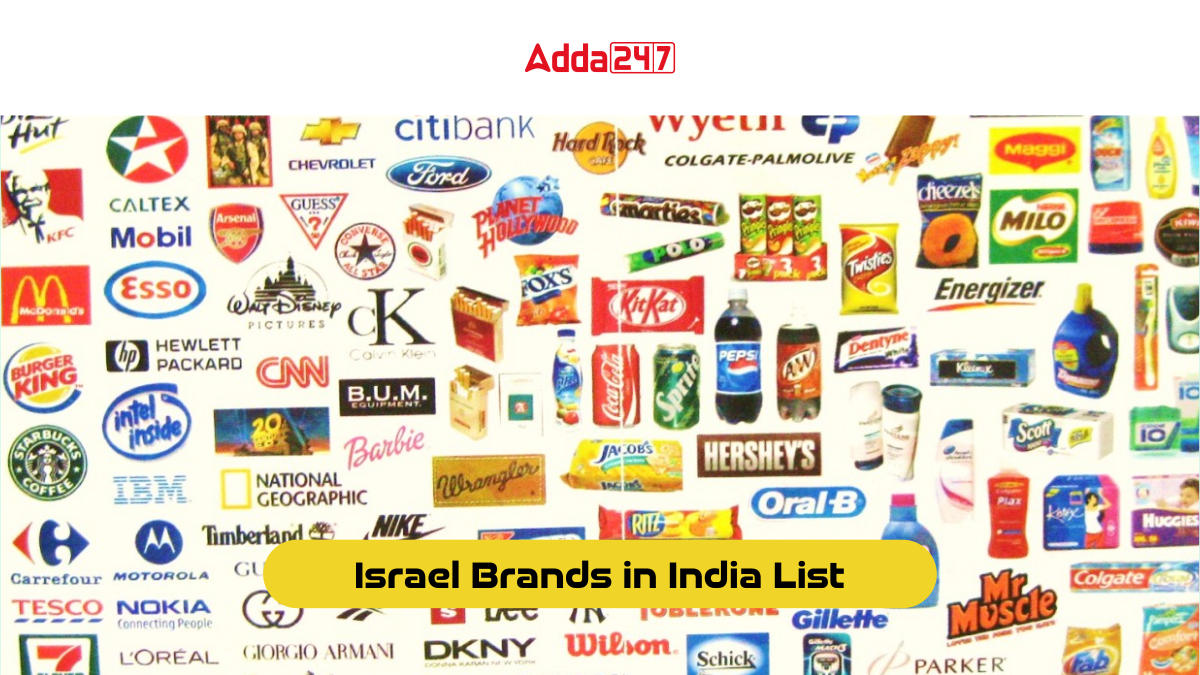Israeli Products in India
India and Israel, two countries characterized by diverse cultures and storied histories, have been cultivating their diplomatic ties for many years. These bilateral relations go beyond the realm of politics and diplomacy, encompassing trade, investments, and collaborations in various industries. In this article, we delve into the vibrant partnership between India and Israel, with a specific focus on trade, investments, and the prospective sectors for cooperation. This exploration provides valuable information for students and individuals interested in the fields of international relations and business.
Israel Food Products in India
Israel Trade Relations
The trade partnership between India and Israel has thrived and proven advantageous for both nations. India predominantly exports pearls, precious stones, chemical and mineral products, machinery, electrical equipment, textiles, and plastics to Israel. Conversely, India imports machinery, electrical equipment, base metals, defense-related equipment, machinery, transport equipment, and chemical and mineral products from Israel. This trade flow underscores the increasing economic interconnectedness between these two countries.
National Games 2023 Medal Tally: Check The Complete List Of Winners
Israel Product List
- Max Brenner, a renowned chocolate brand, was founded by Israeli partners Max Fichtman and Oded Brenner. Despite being headquartered in New York, the company had its origins in Ra’anana, Israel, 25 years ago. Over the years, Max Brenner has expanded to more than 50 locations globally, with a significant presence in Australia.
- Laline, a cosmetics and lifestyle product manufacturer, started as a small shop in Tel-Aviv but has since grown extensively, operating over 100 stores nationwide and distributing its products globally.
- In Hebrew, soap is referred to as “Sabon.” Israel continues to market these products under the brand “Sabon Shel Pa’am,” which translates to “soap from the past.” The company has consistently used high-quality natural ingredients like salt and algae, all sourced from the Dead Sea, and all of their products are still manufactured in Israel.
- Michal Negrin, a jewelry company, offers exquisite vintage jewelry and home decor items in more than 65 stores across the country. Three decades ago, it started as a small booth in the handmade market of Nachlat Binyamin.
- Jaffa oranges, known for their thick skin and seedless nature, are easily exportable worldwide. While they are also grown in other Middle Eastern countries, Israel plays a significant role as an exporter of Jaffa oranges, especially to the European Union.
- Daniella Lehavi, a luxury designer, creates leather shoes, handbags, and high-end accessories, all proudly manufactured in Israel. Since she opened her first studio in 1990, Daniella has expanded her presence to include locations in the United States, Canada, and Korea.
Israeli Products & Brands across World
| Israeli Products & Brands in World | Service or Product Name |
| Angel Bakeries | Commercial bakery |
| Babylon | Software Company |
| Berman’s Bakery | Commercial bakery |
| Bezeq | Telecommunications |
| CardiacSense | Wearable Tech |
| Castro | Fashion Brand |
| Dan hotels | Hotel Chain |
| Fox | Fashion Brand |
| Haaretz | News Media Company |
| Israir | Airline Company |
| Isrotel | Hotel Chains |
| Fiverr | Online Freelancer Social Media |
| Monday.com | Software Development |
| Max Brenner | International Chocolate Brand |
| Mobileye | ADAS Developers |
| Radwin | Wireless broadband Communications |
| Slingshot | Whiskey Brand |
| Tempo Beer | Brewery Company |
| Mul-T-Lock | Smart Lock Company |
| Uzi | Submachine Gun |
| Yokohama | Tyre Company |
| Wix.com | Software Company |
Israel Brand List 2023
Drugs, Health, Medicine & Food Products
- Super-Pharm
- Teva Pharmaceuticals
- CardiacSense Ltd
- Teva Active Pharmaceutical Ingredients
Food & Dairy Products
- Time (cigarette)
- Tiv Ta’am
- Tnuva
- Vodka Perfect
- Wissotzky Tea
- Angel Bakeries
- Bamba (Snack)
- Berman’s Bakery
- Bissli (Israeli wheat snack)
- Carmel Agrexco
- Carmel Winery
- Cow Chocolate
- Ein Gedi Mineral Water
- Galilee Green
- Klik (Candy)
- Krembo
- L’Chaim Vodka
- Landwer Coffee
- Lone Tree Brewery
- MacDavid
- Max Brenner
- Mey Eden
- Neviot (Spring water)
- Noblesse (cigarette)
- Osem (company)
- Rabl (company)
- Strauss Group
- Tara (Israel)
- Tempo Beer Industries
Clothing & Fashion Accessories
- Gottex (Designer swimwear)
- Honigman
- Kenvelo
- Naot (Shoes, sandals)
- Source Sandals (Tekking and hiking sandals)
- Elie Tahari
- TNT (clothing)
- Tzomet Sfarim
- YVEL (Necklaces, Rings, Earrings, Bracelets)
- Leibish & Co. (Natural fancy color diamonds Fine jewelry)
- Cassidi
- Castro
- Fox (Clothing)
Top Israeli Companies
The following is a comprehensive list of Israeli companies operating in India.
- WaterGen, an Israeli company, specializes in manufacturing equipment that extracts drinking water from the air, known as Atmospheric Water Generators (AWG). The largest water generator they produce, GEN-L, has the capacity to generate up to 6,000 liters of potable water daily. The WaterGen Mobile Box, another product, can produce up to 25 liters of fresh drinking water from the air.
- Teva, the largest Israeli business in India, is part of Teva Pharmaceutical Industries Ltd., a globally renowned pharmaceutical company headquartered in Israel. Teva operates in India and is located near Whitefield, the hub of the Indian IT industry.
- Dan Hotels Bengaluru, a luxury hotel chain, is situated in close proximity to Whitefield.
- Net-Translators, a well-known company offering quality assurance, localization, and professional translation services, recently inaugurated a new branch in Gurugram.
- Sarine is a leading technological company specializing in advanced equipment for the production of gemstones and diamonds.
- Avgol Nonwovens, a market leader in the production of high-performance spin melt nonwoven fabric solutions, has its manufacturing facility in Mandideep, Bhopal. These solutions are used in functional, medicinal, and hygiene applications.
- NeoLync, a PLI (Production Linked Incentive) for large-scale electronics manufacturing, operates in India, distributing and supplying electronic amplifiers, digital electronic scales, and electron tubes.
- Rivulis, a pioneer in micro-irrigation technologies globally, is a top supplier of drip irrigation systems. Rivulis Irrigation India Pvt. Ltd. (RIVULIS) supports growers in efficiently supplying water to plants.
Significance of Israel Brand
Israel has earned the moniker “Start-up Nation” owing to its significant presence of pioneering technology firms. The country has spawned a multitude of successful startups across diverse sectors, including cybersecurity, artificial intelligence, biotechnology, medical devices, and clean energy. These Israeli enterprises have not only transformed their respective industries but have also been the subject of acquisitions or collaborations with major global corporations.
Israel’s Main Import & Export
Israel is a big player when it comes to selling fresh fruits, especially citrus fruits like oranges, grapefruit, and tangerines. They even created a special grapefruit-pomelo mix! In total, Israel grows over forty different kinds of yummy fruits.
But it’s not just fruits; Israel is also into other stuff. They bring in things like oil, machines, diamonds, and transportation equipment from other countries. When they look at what they send out, it’s a mix of different goods:
- Raw materials: These are things used to make other stuff, like metals or wood. Israel sends out about $3.95 billion worth of these.
- Intermediate goods: These are in-between things, not finished products but getting there. Israel exports about $17.72 billion of these.
- Consumer goods: These are the things people buy for themselves. Israel sends out about $10.23 billion of these.
- Capital goods: These are big things used by industries, like machines or factories. Israel exports a whopping $22.51 billion of these.
Israel is also super smart. They spend a lot of money on research and development, which means they figure out cool, high-tech stuff. They’re really good at making things like airplanes, top-notch defense technology, and scientific instruments. All these smarts help them sell about $17 billion worth of these high-tech goods to other countries, which is almost one-third of all the things they sell abroad.
Economy of Israel
Israel’s economic approach aims to sustain growth by progressively incorporating the national economy into global markets. Despite facing challenges such as rapid population growth, boycotts from the majority of Arab nations, substantial defense spending, a scarcity of natural resources, elevated inflation rates, and a limited domestic market hindering the advantages of mass production, Israel has made strides in achieving these objectives.
However, the economic progress has not been uniform. Economic disparities are notable among Israeli Jews, with significant gaps, while Israeli Arabs frequently find themselves at the lower end of the economic spectrum.
Foreign Direct Investment (FDI)
Israel has made significant investments in India, although it remains a minor contributor in terms of FDI. The presence of major Israeli companies in India such as Avgol Nonwovens, Teva Pharmaceutical Industries Limited, and others has contributed to the economic partnership.
Israel Food Products In India
The presence of Israeli companies has significantly strengthened bilateral trade relations in the Indian market. India has experienced the influence of several renowned Israeli brands, including Alumayer, Plasson, Huliot, Metzerplas, IDE, Netafim, Naa’n Dan Jain, Rivulis, NeoLynk, Ecoppia, Aqwise, Polemix, Eli Hajaj, and Avgol Nonwovens.These enterprises make a substantial contribution to the local economy and have established a notable presence in states like Madhya Pradesh, where Teva Pharmaceutical Industries Limited and Avgol have set up their operations.
Israeli businesses located in Madhya Pradesh
Teva Pharmaceutical Industries Limited and Avgol, two Israeli firms, have expanded their presence in Madhya Pradesh, India, contributing to the region’s economic growth. Israel ranks second globally in terms of the number of startup businesses, trailing only the United States. Additionally, it holds the third position for the most NASDAQ-listed companies, following China and the United States.
Top Israel Brands in India List
Several Israeli companies have established themselves in the Indian market, reinforcing the economic ties between the two countries. These include Avgol Nonwovens, Rivulis, NeoLynk, Ecoppia, Naa’n Dan Jain, Aqwise, Polemix, Eli Hajaj, Alumayer, Plasson, Huliot, Metzerplas, IDE, and Netafim, among others.
Israeli Companies in Madhya Pradesh
Teva Pharmaceutical Industries Limited and Avgol are among the Israeli companies that have set up operations in the Indian state of Madhya Pradesh, contributing to the local economy.
Pepsi Is Israel Product
Potential Collaboration Sectors
India and Israel have identified several sectors with the potential for collaboration:
Defence: Israel is a key supplier of defence equipment to India. This collaboration strengthens both countries’ security and technology capabilities.
Agritech: Both nations can benefit from collaboration in agricultural technology, sharing expertise in areas like precision farming, irrigation, and sustainable agriculture.
Food Processing: Joint ventures in food processing can enhance the quality and efficiency of food production in India, benefiting farmers and consumers.
Electronics: Collaboration in the electronics sector can lead to the development of innovative technologies and products, further boosting the technology ecosystem in both countries.







